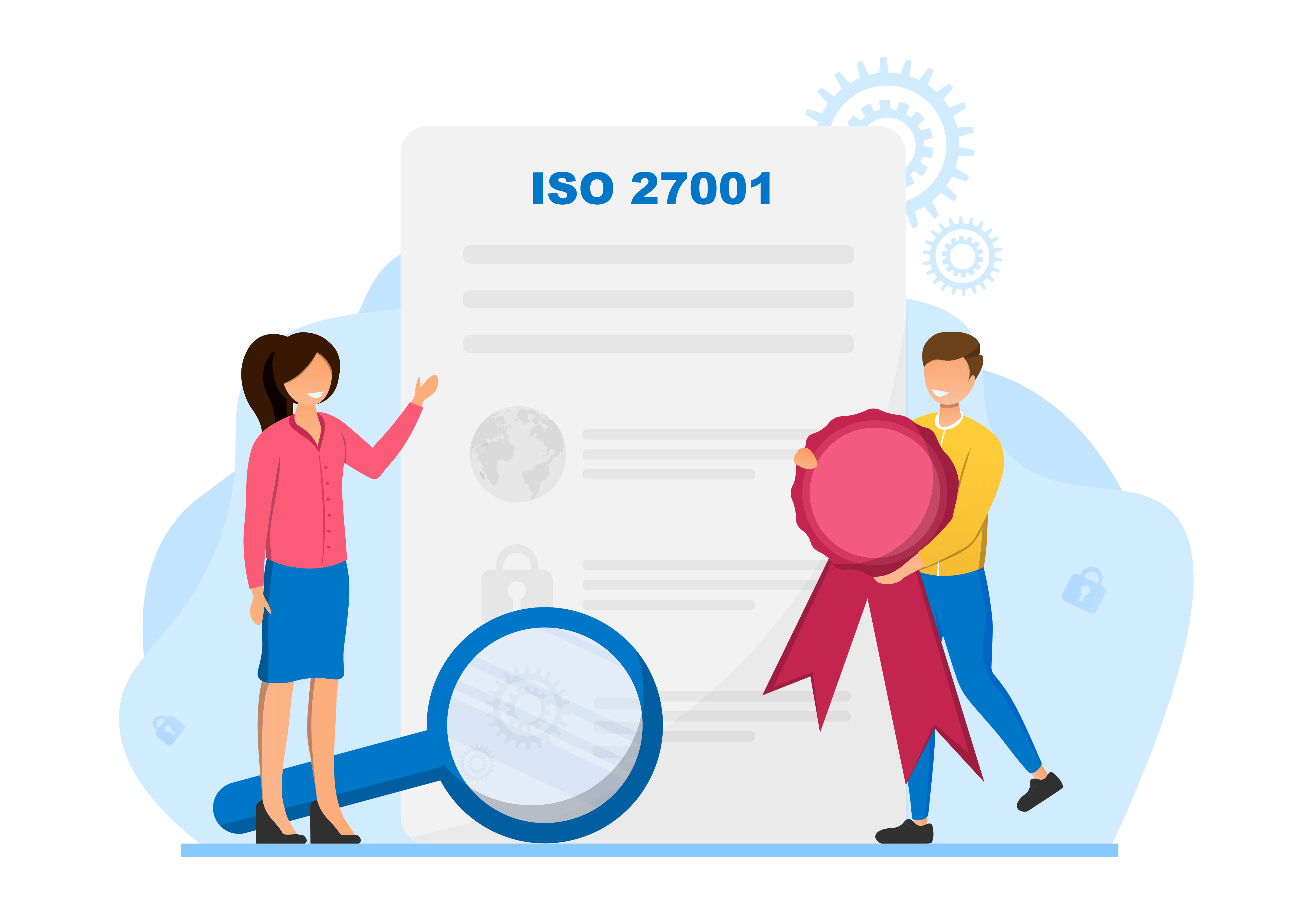1. Enhanced Privacy Protection: ISO 27701 provides a systematic approach to protecting personal information, ensuring that organizations establish and maintain effective measures to safeguard the privacy rights of individuals. This includes clear guidelines for data processing, minimizing the risk of data breaches and unauthorized access.
2. Compliance Assurance: Adhering to ISO 27701 helps organizations align with various privacy regulations and standards, such as the GDPR (General Data Protection Regulation). This ensures that the organization is in compliance with legal requirements, reducing the risk of regulatory penalties and reputational damage associated with privacy breaches
3. Customer Trust and Reputation: Implementing ISO 27701 demonstrates a commitment to privacy and data protection, building trust with customers, partners, and stakeholders. This enhanced reputation can be a competitive differentiator, particularly in industries where privacy and data security are of utmost importance.
4. Efficient Data Management: The standard encourages organizations to adopt efficient data management practices, including data minimization and purpose limitation. This not only helps in complying with privacy principles but also streamlines data-related processes, leading to operational efficiencies.
5. Risk Management: ISO 27701's emphasis on risk assessment and management enables organizations to proactively identify and mitigate privacy-related risks. This proactive approach contributes to a more resilient privacy management system that can adapt to evolving threats and changes in the regulatory landscape.
6. Improved Stakeholder Communication: The standard promotes transparency by encouraging organizations to communicate their privacy policies and practices clearly to stakeholders. This open communication fosters trust and provides individuals with a clear understanding of how their personal information is handled.
7. Continuous Improvement: ISO 27701 emphasizes a culture of continuous improvement in privacy management. Organizations are encouraged to regularly assess and enhance their privacy practices, ensuring that they stay current with evolving privacy expectations and best practices. This adaptability is crucial in a dynamic and ever-changing privacy landscape.


